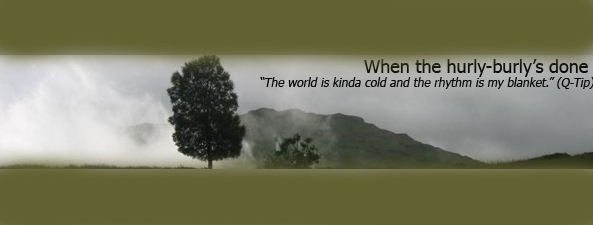I forgot to have a good closure. Me, who knows of the importance of closure, forgot (me forgot? Whatever…).

image from: Organizational Systems 2, acrStudio.com
A group of kids didn’t come in on the last day and, of those who did, another group left after lunch. And a couple of them played a bit of a mean joke on me. But those who did stay were troupers – helping to move desks into the gym for the exam period, cleaning up the classroom, asking questions, displaying their concerns about next year.
And I forgot to design closure into my year. I started to think about it, with this final blog post, but when our school’s Internet service decided not to cooperate, I ditched the thought.
Rather than forgetting, I’m thinking I left out closure accidentally on purpose. I’m not entirely proud of this year. I definitely felt like I was treading water much of the year – reacting rather than planning and acting. With myself, my students, and the attendant who worked in my classroom with me. I don’t think I really wanted to hear what others felt about it.
So, here is my closure. A plan for the future. I never want to feel like this again. That much I learned this year.
Time is too precious to tread water for even a moment.
Tracy, who is feeling the echo of the clock in the rhythm of her veins
(‘who’ line borrowed from linkin park so I can howl with Jose, go check out his project by clicking on the link…)




